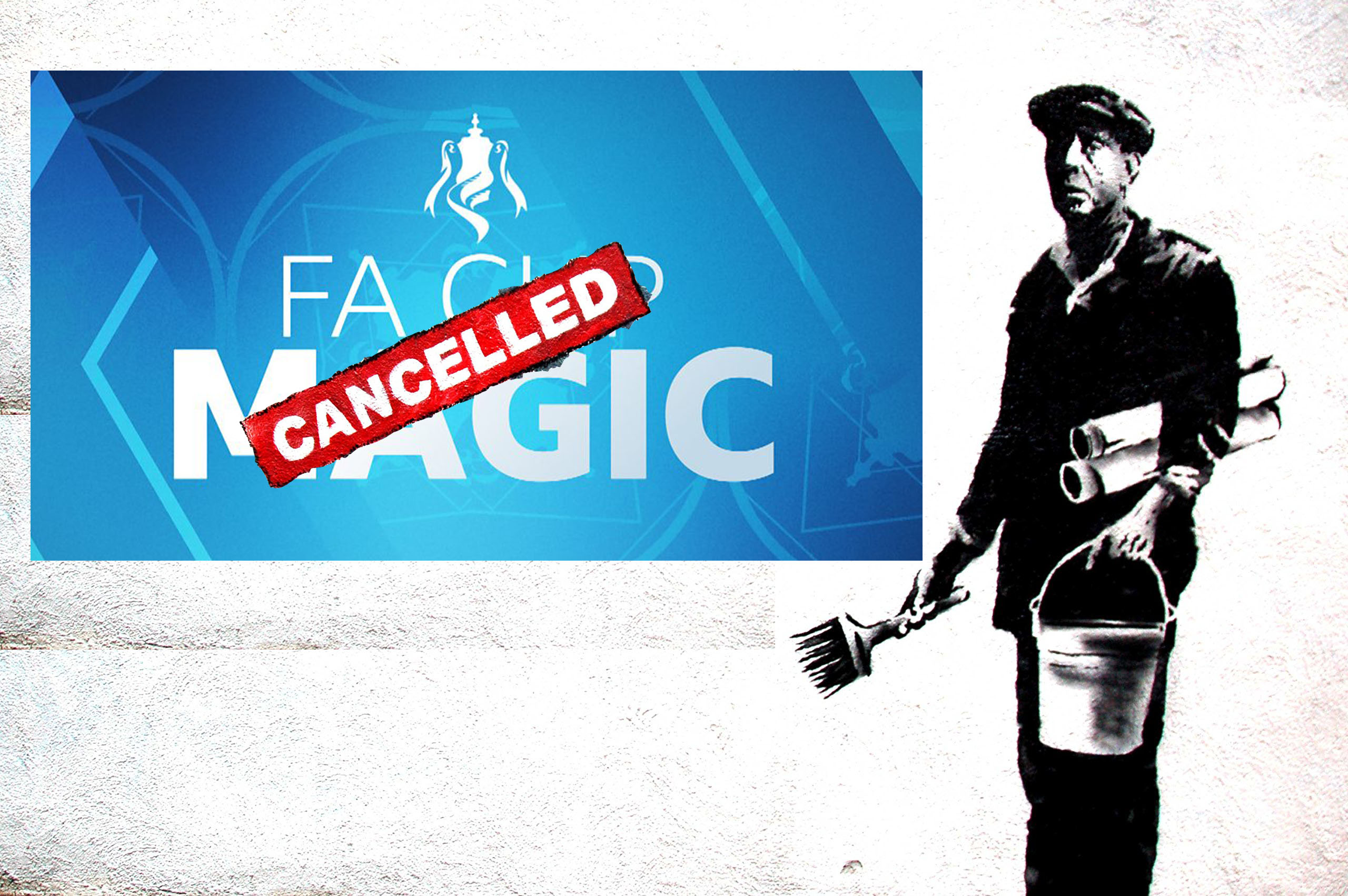
No more FA Cup Replays
The Undermining of Football Tradition: FA Cup Replays and the Rise of the National League Cup
The introduction of Premier League 2 and the newly devised National League Cup isn’t just a blow to competitive integrity—it represents a calculated assault on the traditions that make English football unique. At the heart of this shift lies the removal of FA Cup replays, a decision cloaked in the language of “fixture congestion” but driven by ulterior motives that prioritize the interests of elite clubs and their academies.
“THE MAGIC OF THE CUP!”
For over 150 years, the FA Cup has been a symbol of English football’s egalitarian spirit. It’s where David truly had a shot at Goliath. Replays, in particular, embodied the romance of the competition. When a lower-league team fought tooth and nail to draw against a Premier League giant, they earned not just pride but also financial lifelines from the replay matches hosted at their home grounds. These moments—gritty battles on rain-soaked fields, packed stands in tiny stadiums—are the essence of “the magic of the cup.”
But this tradition has been swept aside. FA Cup replays were eliminated under the guise of “reducing fixture congestion,” a narrative heavily pushed by elite clubs. The real story, however, reveals a different motive. With fewer fixtures to manage, Premier League teams needed a replacement to keep their vast academies and reserve players occupied. Enter the National League Cup—a manufactured competition that benefits top-tier academies at the expense of smaller clubs.
The National League Cup offers an opportunity for Premier League 2 teams to compete against National League clubs, but the imbalance is glaring. While academies gain a testing ground for their players, National League clubs face yet another drain on their resources. Worse still, the prize money, heralded as support for lower-league teams, pales in comparison to what FA Cup replays once provided. What’s dressed up as innovation is, in reality, a consolidation of power and privilege for the elite.
The removal of replays wasn’t a concession to player welfare or fans—it was a calculated maneuver. By sidelining replays, the decision-makers eroded a cornerstone of grassroots football’s financial sustainability and charm. This change epitomizes how the footballing pyramid has been tilted to favor the few at the top, robbing lower-league clubs of their moments in the spotlight and the revenue that often sustained them through tough times.
Restoring fairness and integrity to football requires a reassessment of these decisions. FA Cup replays need to return—not just for their tradition but as a tangible way to support the clubs and communities that form the backbone of the game. The National League Cup, while dressed as progress, serves as a stark reminder of what has been lost in the pursuit of a profit-driven agenda. It’s time to put fans and communities first and reclaim the values that once made English football truly special.



